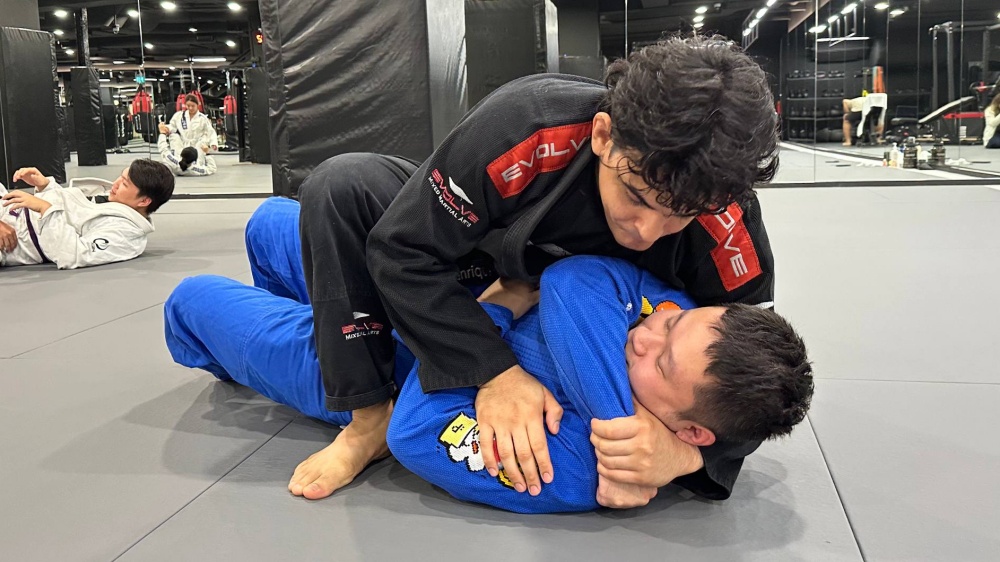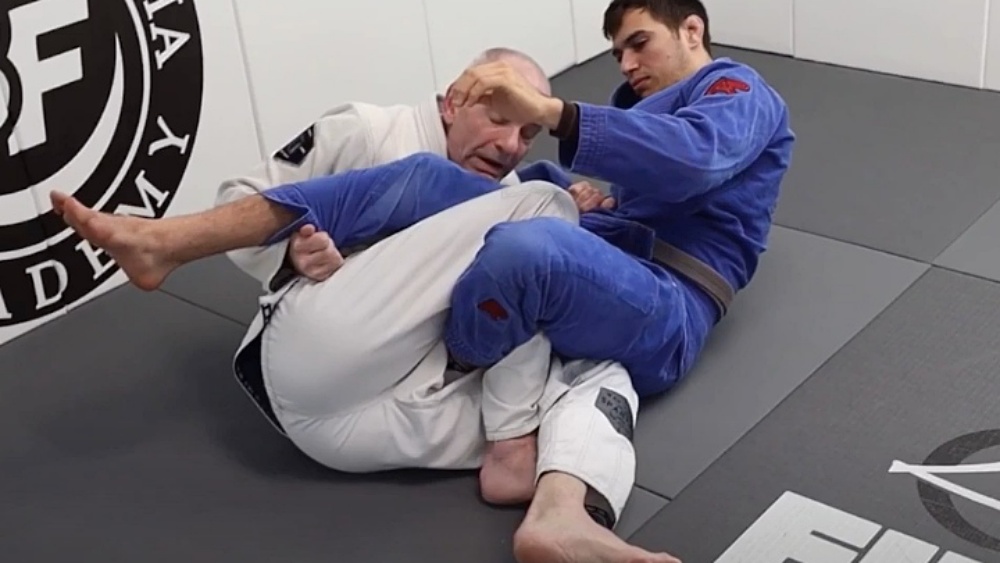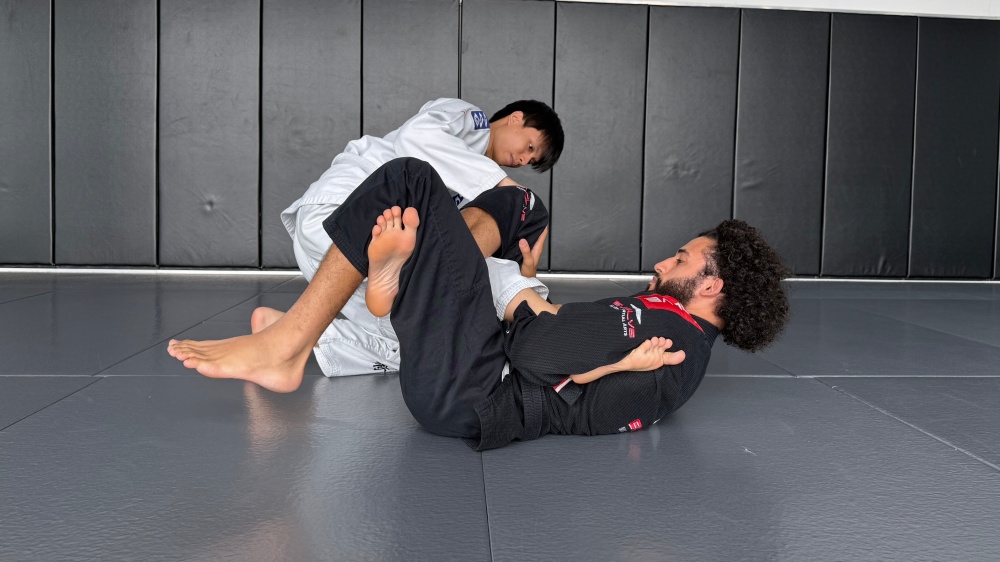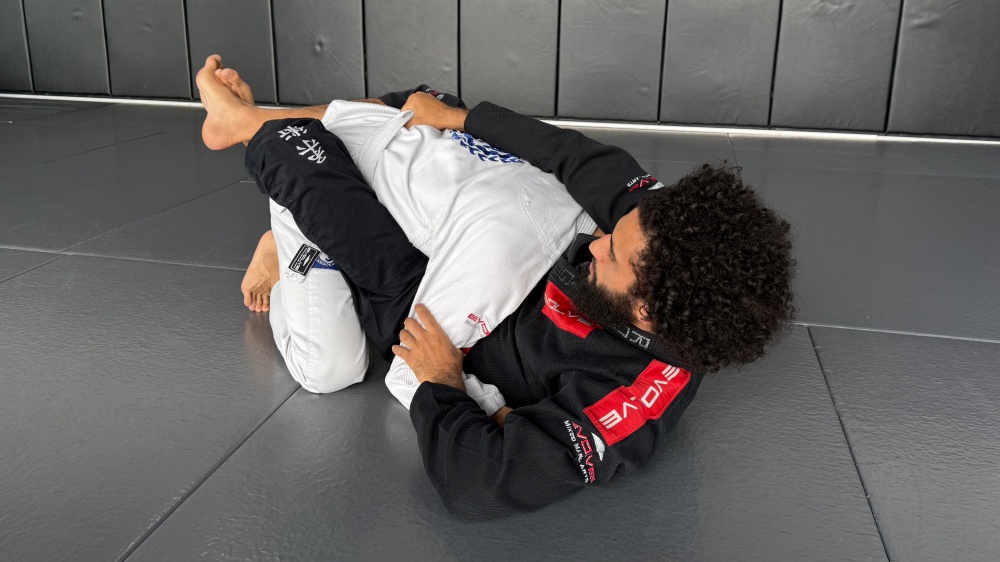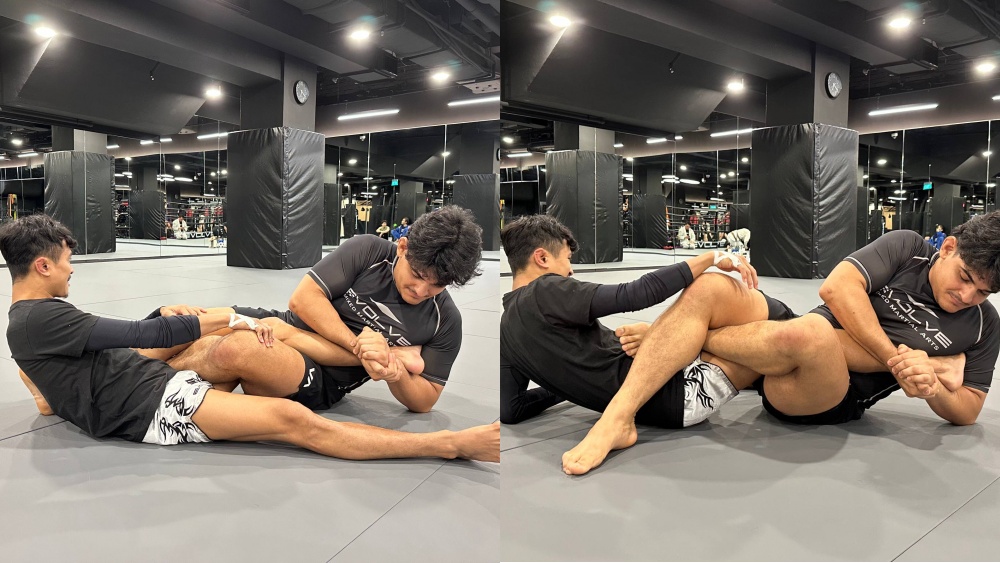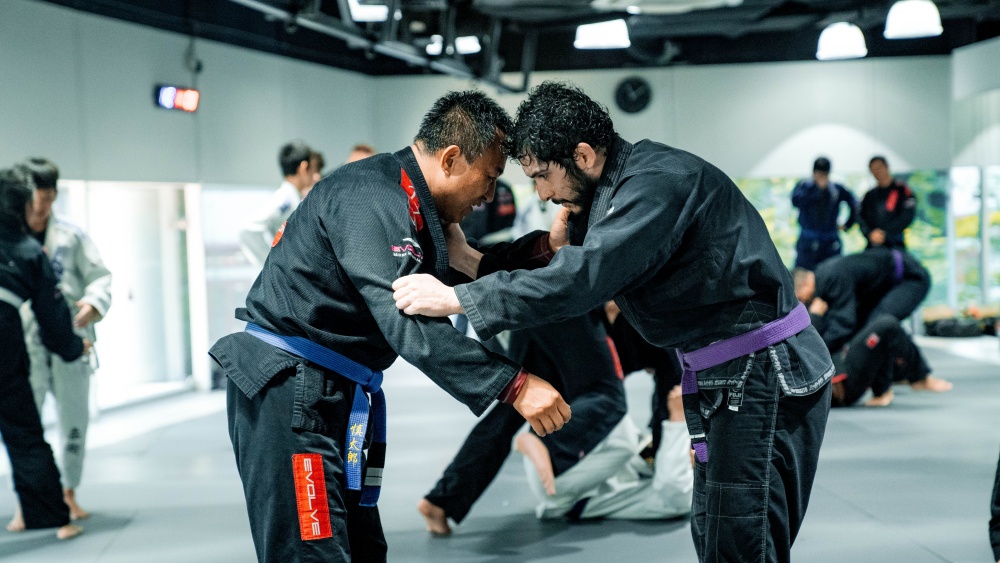In an MMA and wrestling match, the suplex is one of those techniques that will surely capture an audience’s attention. Some may think it is not for everybody and requires one to be an athletic freak. While being athletic is an advantage, everyone can safely practice the suplex with proper knowledge and guidance. If you are a beginner, this article is your guide on how to perform the suplex.
What Is The Suplex?
The suplex is a wrestling technique performed by lifting the opponent upfront (belly to belly) or from behind (belly to back) using a body lock and the hips to bridge and throw the opponent. Depending on the grip and the setup angle, the opponent may land on their back, making this move highly impactful and potentially match-ending. The suplex is an excellent addition to everyone’s grappling arsenal, and the path to learning to do so will help build your athleticism.
Suplex Drills
If you are new to the technique, it’s a great idea to work on your suplex technique and develop it using a dummy bag, as it allows you to practice countless times until you perfect the movement. Doing this lessens the chance of injury you or your training partner might sustain from incorrect drilling. Drilling using a dummy bag also works your strength and conditioning, making it a beneficial activity while developing your skills.
To start, establish the wrestling stance. This means you must keep your back straight at about 45 degrees while keeping your head up and your feet evenly spread on the mats. Hold the dummy in the middle using an S-grip or gable grip. The most crucial detail in this drill is to have your legs as close as possible to the dummy. To do this, step forward with both legs one at a time to close the distance. After closing the distance, now is the time to throw the dummy by exploding through your hips. Throw the dummy by using your head to look in the direction you’re throwing as you explode your hips. Remember that the direction you look is where you throw. If you have an available training partner, doing this drill together allows you to work on your flexibility.
Different Ways To Perform The Suplex
Getting the perfect suplex technique through drilling creates muscle memory when an opportunity presents itself in a match, but it’s another thing to be able to impose it on a fully resisting opponent.
Back Suplex
The important thing about the suplex is to establish the power line. The lock around the opponent’s body is vital to create explosive power; if compromised, it will hamper the throw. You can place your locked hands in front of the opponent, but a suggested way is to place them on one side of their hip.
Locking your hands with a gable, butterfly, or S-grip lets you control the opponent’s hip at the hip point. Having a tight body lock also prevents the opponent from allowing the opponent to put their hands inside the lock and maneuver away. Once the lock is secured, advance your lead leg to the opposite side of their hip and block the opponent’s leg. Pull the opponent closer by bringing your lock closer to your hips. This prevents the opponent from stepping away or inside and lowering their level and center of gravity.
When preparing to throw, have your hips underneath the opponent’s hips, as it will help you to pick up the opponent using your hips alone. The movement is like a screw, where you get your hips in, lift, arch, and turn to put the opponent on the mat.
Front Suplex
The front suplex is also known as the belly-to-belly suplex. This technique is initiated from the stand-up while you and the opponent face each other.
Maintain a chest-to-shoulder connection with the opponent from the stand-up while facing forward. To set up this throw, start with a body lock using an S-grip, gable, or butterfly grip on the opponent’s upper back or where their shoulder blades are. From here, pull the opponent towards you and, at the same time, step your front leg as deep as you can between the opponent’s legs.
As you pull the opponent closer, lower your body lock grip on the opponent’s lower back (tailbone). Turn your grip to your overhooking side a bit and pull it. Step your outside leg behind the opponent’s near leg. Squat down and pop your hips up as you go for the throw. Face to your side as you throw the opponent.
As you get more advanced, hitting the belly-to-belly suplex against a fully resisting partner can be challenging, which is why we need to add setups. From the 50/50 position in the stand-up with both you and the opponent having an over-and-under hook body lock, the main goal is to have your lock placed at the center of the opponent’s spine (near their lower back).
The first move you need to make is the outside step. The key is to block the opponent’s foot (your overhook side) from moving. Doing this brings your hip in, closing the space between your hip and the opponent’s hip. A good opponent will have their feet extended back, making it difficult for you to trap their leg from your overhook side.
When this happens, your foot will be off the ground for a second as you look for the setup to hook behind the knee and close the distance. As you hook your feet behind the opponent’s knee to close the distance on your overhook side, squat down and face to the side (your overhook side) and finish the throw by pulling them in and bridging your hips.
Conclusion
The suplex is a fun technique to drill and pull off. If you are a BJJ/grappling enthusiast, remember that some suplex variations are prohibited in grappling tournaments, so do check onthe various rulesets prior! While it may look challenging, give it a try, and with proper guidance, you’ll be able to hit the suplex safely and in no time.
You may also like:
Here Are 4 Ways To Maintain Effective Back Control In BJJ & MMA
Using The Grapevine To Build A Crushing Mount Game In BJJ & MMA


